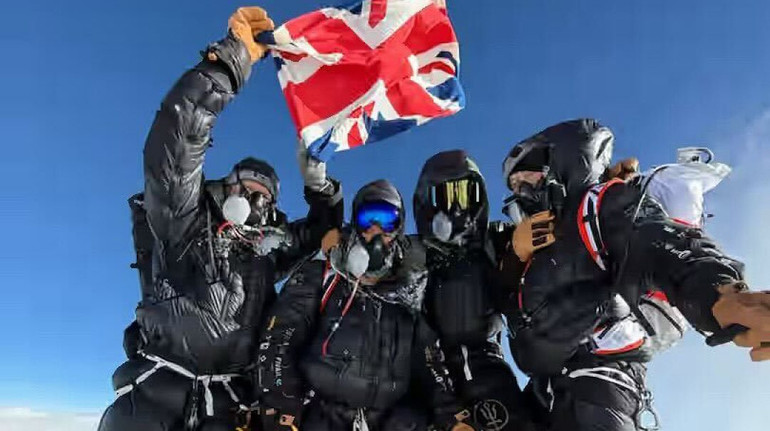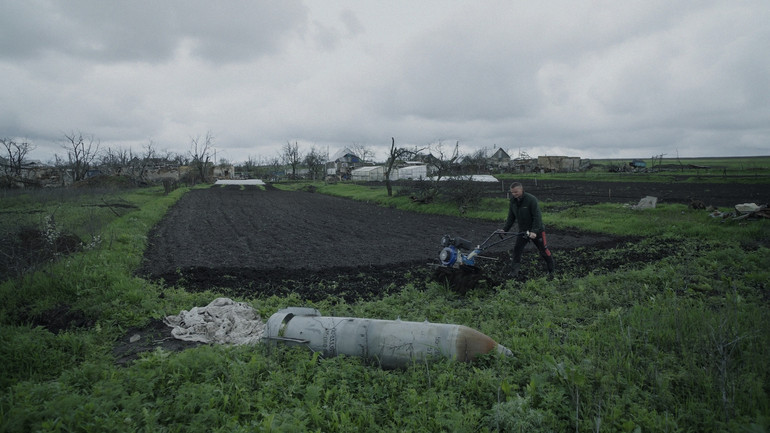The British rose to Everest using a new method

The British rose to Everest using a new method
@Thrudark/Insagram
Four Britons became the first climbers to climb Everest using Xenon gas to help them acclimatize faster. Tourists reached the peaks in less than 5 days.
However, the use of xenon remains controversial among climbers, report Reuters and BBC.
Usually tourists spend on a mountain from 6 to 8 weeks to give their body to adapt to low levels of oxygen at high altitude. Otherwise, the rise will be extremely dangerous to health.
And four of the former military, including the Minister of Veterans of the United Kingdom, Alister Carnuch, decided to miss this stage.
Before traveling to Nepal, they passed a three -month acclimatization program. For a long time, the British slept in hypoxic tents, from which oxygen is sucked out with the help of a generator, bringing it to the level of highlands.
Then, two weeks before the expedition, in one of the German clinics, climbers breathed xenon. It is a colorless odorless gas that is contained in the Earth’s atmosphere in a very low concentration and has some anesthetic properties.
The team, accompanied by five guides and operator, reached a top of 8,849 meters high on May 21. They took 4 days and 18 hours.
This speed is a record for lifting to Everest without acclimatization. But with acclimatization the fastest is the lhacpa gel Sherpa, which in 2003 rose from the base camp to the top in 10 hours and 56 minutes.
Some scientists argue that Xenon increases the production of erythropoietin protein, which fights hypoxia – a condition that occurs with oxygen deficiency in the body. However, this issue is controversial and needs research.
The International Alpinism and Rocklash Federation warned that there was no evidence of the positive impact of xenon inhalation on the mountains. And the improper use of this gas can be dangerous.
At the same time, the expedition organizer Lucas Furtenbach claims that a shorter expedition leaves a smaller carbon trace and is safer for climbers, which are not so long amenable to mountain dangers.
However, the President of the Association of Nepal Expeditions Damber Paradzhuli said that acclimatization in the mountains is the basic rule of mountaineering. And if it has not passed, then the authorities should not issue such climbers for ascent certificates.
Recall 51-year-old Briton Kenton Kul made your 19th rise to Everest. He again became a record holder among foreigners by the number of ascents.







